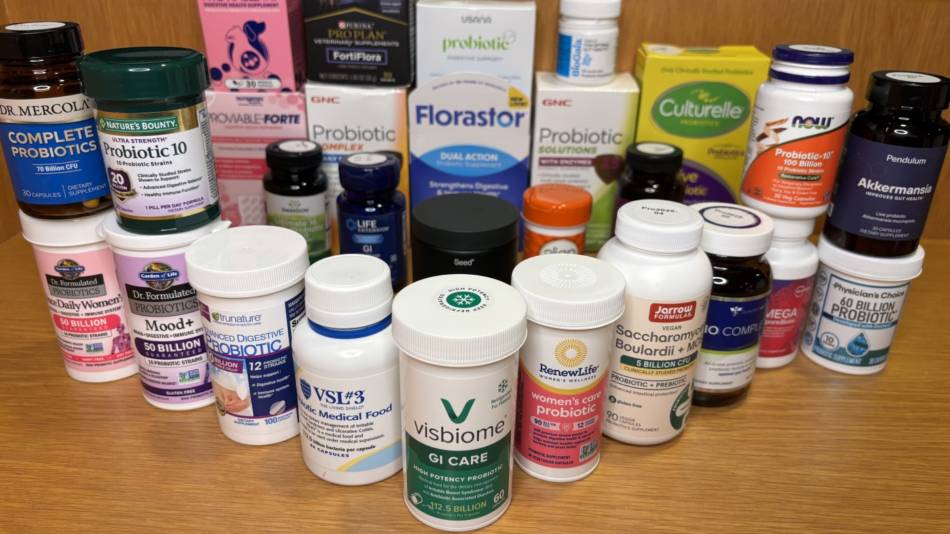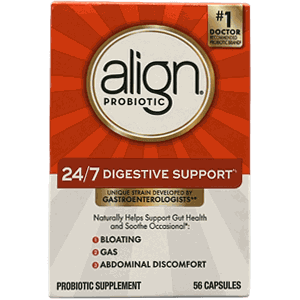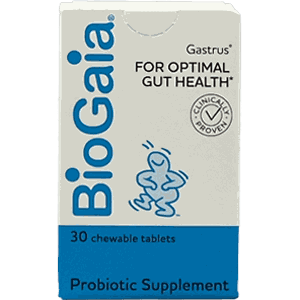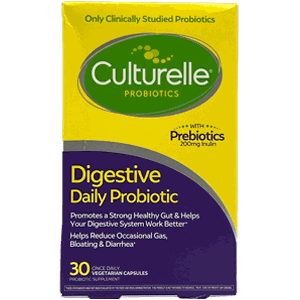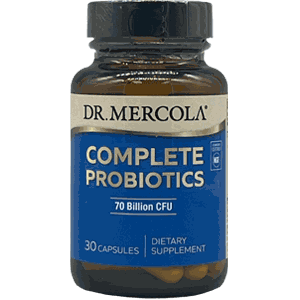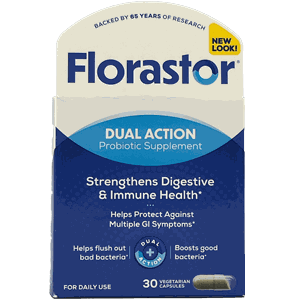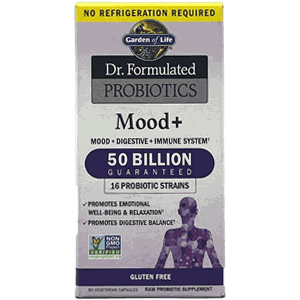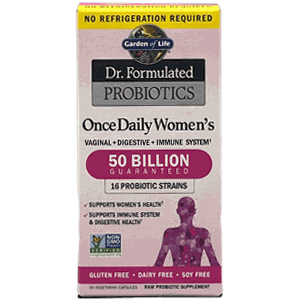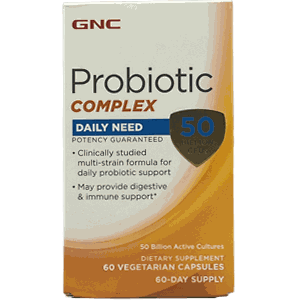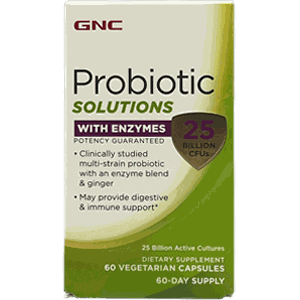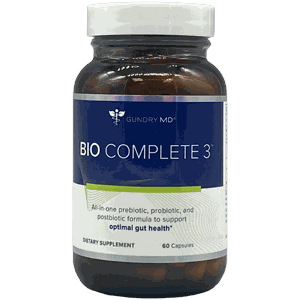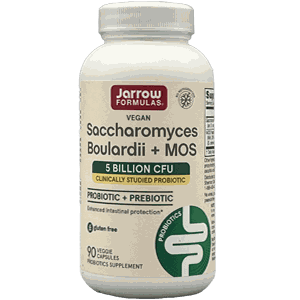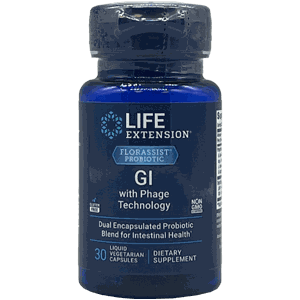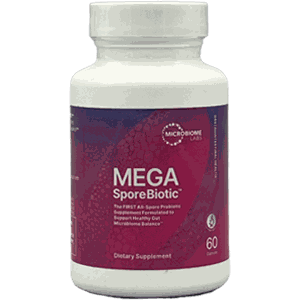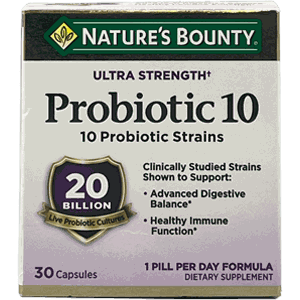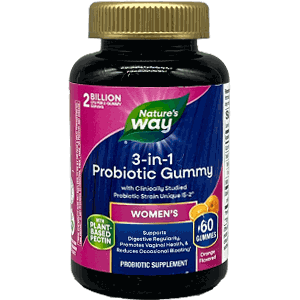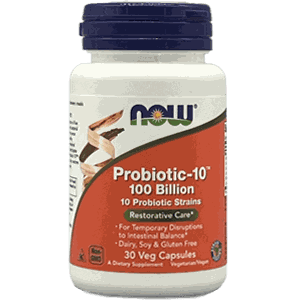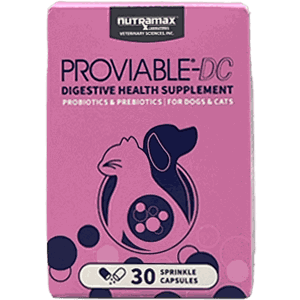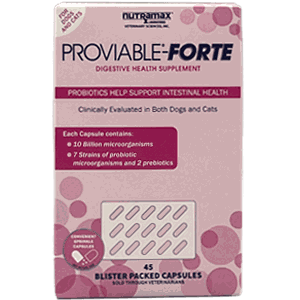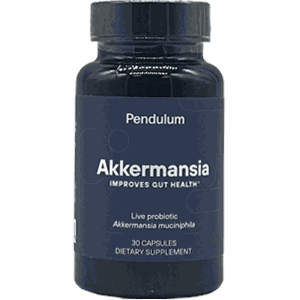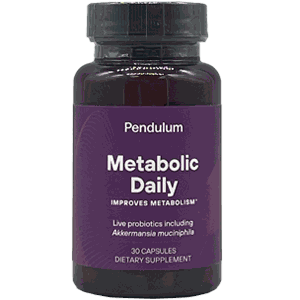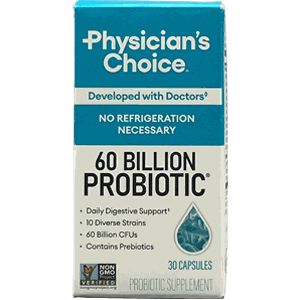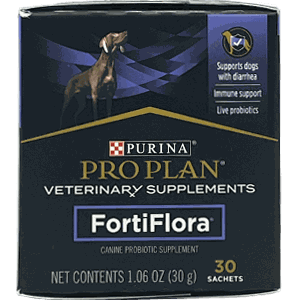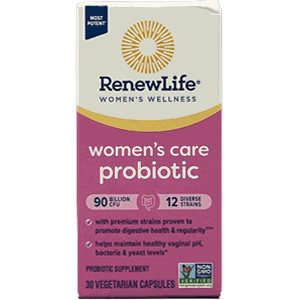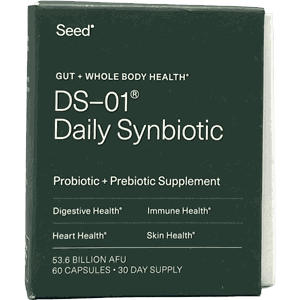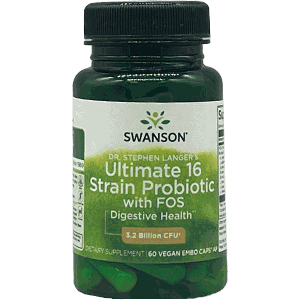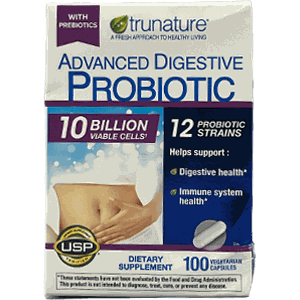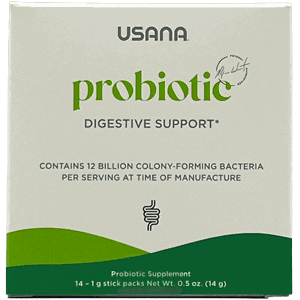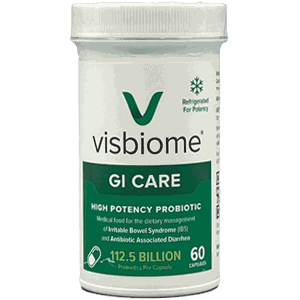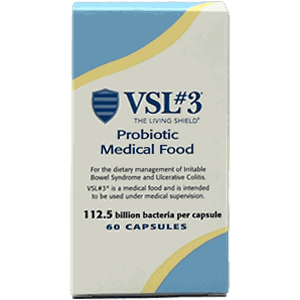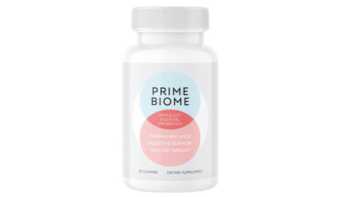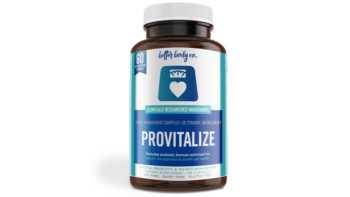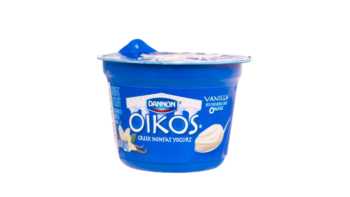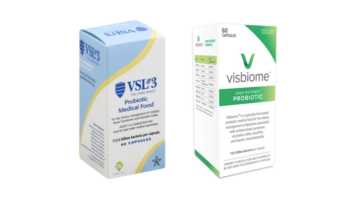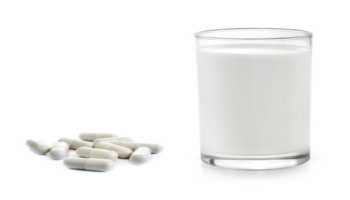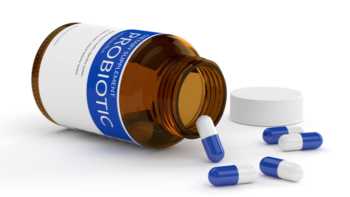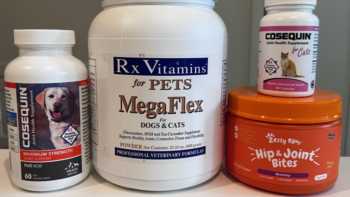Summary
What did ConsumerLab's tests of probiotics show?
Five probiotic supplements could not be Approved for quality by ConsumerLab mainly because they contained lower amounts of viable probiotic cells than expected from their labels (one contained only 14 million viable cells). Twenty-four products were Approved as they contained their listed amounts of probiotics, if not more (all of which were in the billions), and were not contaminated with pathogenic organisms (see How Products Were Evaluated and What CL Found). Eight of these products were tested through ConsumerLab's voluntary Quality Certification Program.
Brands tested included Align, BioGaia, Culturelle, Dr. Mercola, Florastor, Garden of Life, GNC, Gundry MD, Jarrow Formulas, Life Extension, Microbiome Labs, Nature's Bounty, Nature's Way, NOW, Nutramax, Pendulum, Physician's Choice, Purina, Renew Life, Seed, Swanson, Trunature (Costco), USANA, Visbiome, and VSL#3.
Which are the best probiotic supplements?
Among products that were Approved for their quality in our tests, we selected six as Top Picks for some of the most common uses of probiotics for people, as well as for dogs and cats, based on whether the product contained the types and amounts of probiotic organisms that have evidence of being effective.
What are probiotics?
Probiotics are viable (living or hibernating as spores — such as B. coagulans) bacteria and/or yeasts that confer a health benefit. Probiotics are sold as capsules, tablets, powders, chewing gums, gummies, and lozenges, as well as cultured foods and beverages, such as yogurts and kefirs.
What are the health benefits of probiotics?
While healthy people typically don't need to take a probiotic, in some situations a probiotic may modestly help prevent conditions such as diarrhea from antibiotics, symptoms of respiratory infections, and (as a lozenge) dental cavities.
Certain probiotic strains may reduce gastrointestinal symptoms such as constipation, bloating, diarrhea due to conditions such as irritable bowel syndrome and infant colic, as well as slightly lower blood pressure and cholesterol (LDL and apoB) levels, improve blood sugar control, reduce symptoms of atopic dermatitis (eczema), and reduce gum disease, among other uses (see What They Do).
What's the right dose of a probiotic?
Typically, a probiotic should provide at least 1 billion cells daily — although some probiotics have been shown to work at a lower dose (100 to 500 million cells), such as those for children or used to treat conditions in the mouth. Be aware that there can be huge variation in the number of viable cells (called colony-forming units or CFUs) from product to product. Among products tested, this ranged from just tens of millions to hundreds of billions!
If using a non-enterically coated probiotic, it may be best to take it shortly before or during a meal. Be aware that, in general, probiotics will only survive in your system for a limited amount of time (see ConsumerTips).
What to watch out for on probiotic labels:
Some products label their amounts in "AFU" which is a different way of counting cells and not a generally accepted labeling practice because it doesn't necessarily reflect how many cells can form colonies. Some products also footnote their listed amounts as being as of "time of manufacturer" which means they are not promising that you'll get that amount when you buy the product. We find this practice misleading. The FDA requires that listed amounts reflect what a consumer will get.
What are prebiotics and postbiotics?
Prebiotic ingredients are sometimes added to probiotic supplements although in amounts that are typically smaller than used clinically. Prebiotics provide soluble fiber that promotes the growth of probiotic bacteria and may be beneficial for irritable bowel syndrome, constipation, blood sugar control, lowering cholesterol, and other conditions (see our Prebiotic Supplements Review). Postbiotics are also sometimes added to probiotics. Postbiotics include heat-killed probiotics as well as the byproducts of fermentation, such as butyrate, carried out by probiotic organisms. These may be beneficial for diarrhea, Crohn's disease, irritable bowel syndrome, weight loss, and preventing common colds (see All About Postbiotics). Probiotics that include prebiotics or postbiotics have, together, have been referred to a synbiotics.
Are probiotics safe?
Probiotics may temporarily increase digestive gas. If you have a milk allergy, be aware that trace amounts of milk proteins may occur in some probiotics. Probiotics may not be safe prior to abdominal surgery and should be used with caution in people who are severely ill, immunocompromised, or have feeding tubes or central lines. For more details see Concerns and Cautions.

